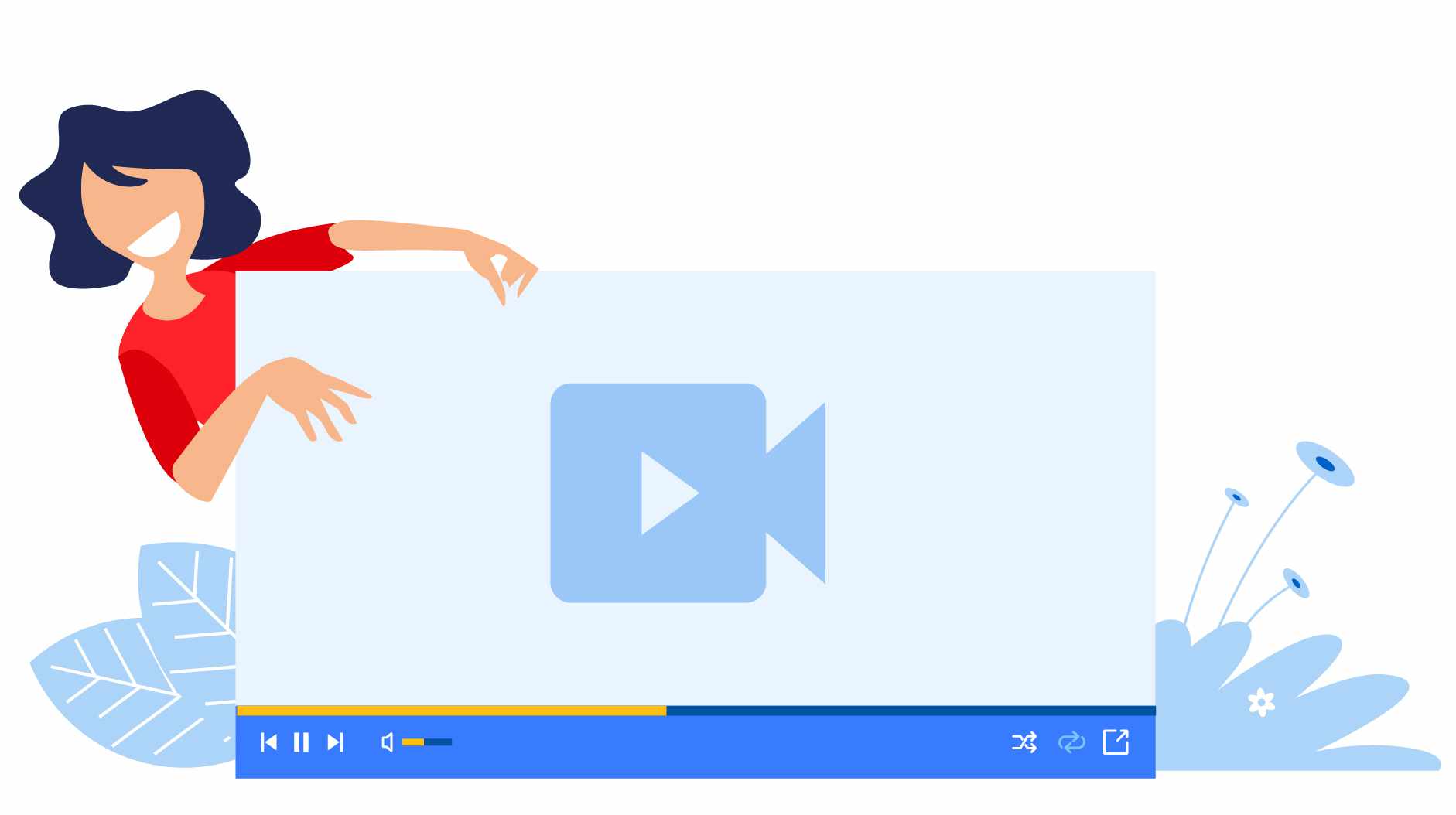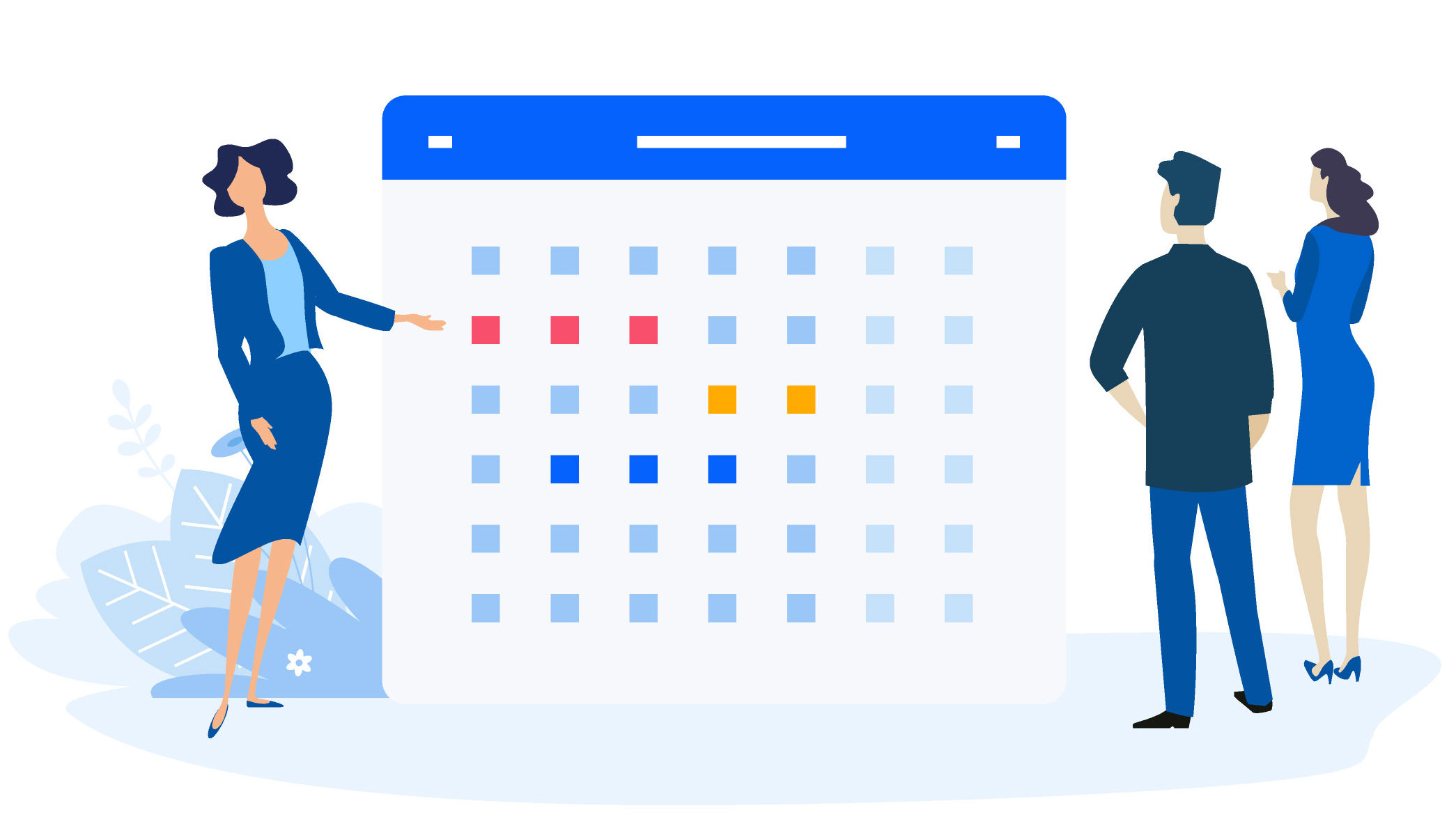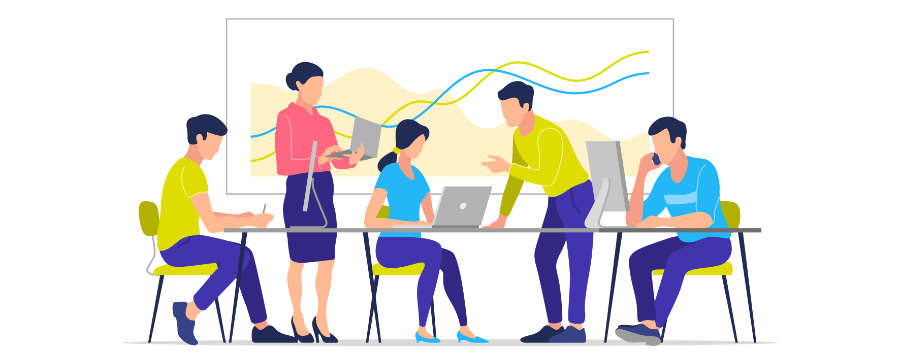
It is pretty standard when a freelance videographer works for video production companies and not getting paid on time. Therefore, you should wait for a LONG time to get your money. Most of these companies' thought process is that THEY'LL PAY YOU WHEN THEY GET PAID.
I have found that most of my clients that represent these types of companies will pay me in 45-60 days, which isn't too bad because we have so many other projects working at the same time. However, it hasn't always been that way.
How to Overcome Not Getting Paid On Time
There were times when I desperately needed payment to be made within 30 days after performing the work. Here are some of the tactics I've learned over the years to speed up my payment.
1. Submit Your Invoice as Early as Possible To The Client.
Even before you perform the work, if they ask why you are giving it to them so early, tell them that you want to make sure it gets paid no later than 30 days, so you'd like them to go ahead and put it in their accounts payable system.
It shows your client at an early stage that you are focused on receiving payment and should help them focus on avoiding the situation when you're not getting paid on time. If you can't get the invoice to them before the project begins, get it to your client immediately after the event or project is complete.
Submitting the invoice within 24 hours would be ideal. Again, the project is still fresh on their mind, and your promptness will reiterate the importance of paying you as soon as possible.
2. Have Them Sign a Contract That Specifies Payment Terms.
Sign the contract with your client and specify all the payment terms. Also, make part of those terms a 50% deposit for you to book the date or project. Some producers and agencies will squirm because they typically don't have the cash on hand to pay you the 50%. When this is the case, suggest that they have their client come up with the 50%.
If they cannot get you the 50% or refuse even to try, this is an indicator that you could not get paid on time. The agency won't pay you until their client pays them, which means you could be waiting a LONG time before getting a paycheque after the project is complete. So, could you pay attention when it's happened?

3. Ask Your Client About When You Can Expect Your Payment
Send an email to your client or call them on the phone to ask them when you can expect payment to be made. Also, ask them if anything you left out in the invoicing process may delay payment. Tell them that you need this payment to be made on time to let you know ASAP if anything comes up that will delay payment. I usually start making these calls two weeks after the project has been completed.
This way, the client has two weeks to figure out whether there will be a problem processing my payment. In many cases, this is when they will admit that they won't be able to pay me until they get paid. When this happens, I ask them their plan to make sure they get paid on time. Then I leave it alone for now.
4. Not Getting Paid On Time (Payment Delay)
After the payment is late, which with these types of clients, it usually is at least a week overdue before I receive it, send the client a statement that shows how much is due, when the invoice was submitted and how many days the payment is late.
Then follow up with the client to ask when you can expect to receive payment. Sometimes this is all it takes to get them to go ahead and write you a check. In other cases, this will simply be the first step of a long process to get your payment.
5. When the Payment is VERY late
When you're not getting paid for a long time, call the client directly and ask why you haven't received your payment. Tell them that you need the payment today and you'd like to stop by to pick it up. If they are an out of town client, tell them that you need the payment to be mailed today so you can get it in your account in a few days.
This is the stage when you no longer ask for a payment, and you tell them that it has to be made now. I'd suggest always being to use some psychology techniques as polite as possible but be firm. They need to understand that it's NOT OKAY for them to not getting paid on time and be late on your payment. You've done great work for them, and they need to pay you for it.

If the client tells you they can't pay you because they haven't been paid yet, then tell them that you'd like to call their client personally to ask why they haven't paid yet.
This can be very effective because the producer or agency doesn't want to look bad in their client's eyes, so they will either go ahead and pay your bill in full or will send you a smaller amount in good faith.
They are hoping that this will buy them some time before you do something crazy like calling their client directly to ask for payment.
6. If you Are Still Unable to Get payment
What to do If you are not getting paid in time and you're waiting for several months? It's possible that your client never plans to pay you. I have a few clients I worked for several years ago that still owe me a collective amount of $5000. For the first couple of years, I called them every week to ask for payment.
Then, naturally, they quit taking my calls and returning my emails. So, I don't ever expect to see that $5000, but you can bet your tail there isn't a person in this town that doesn't know they owe me money.
Of course, if you have trouble getting paid by your clients, you should carefully consider whether you want to get involved with them on future projects. We all have trouble paying people from time to time so keep that in mind as well. The difference is that those of us who are ethical will make sure you know every step of the way why they can't pay you on time and when you can expect payment from them.

They will look at the very least to feed you a couple of hundred dollars a week or month in good faith. This keeps them from writing a big check until they get paid, but it also helps you pay bills along the way. Also, the honest client will tell you upfront, before you do the project, that they probably won't be able to pay. And you will not be getting paid on time anyway, unfortunately.
This allows you to go into the job with both eyes wide open so you can decide if you want to do the work or not. You'll know that it will take a long time to get paid, so there won't be any animosity down the road when they haven't paid you in the normal payment term.
Conclusion
Most of these tips can be applied to all clients, not just the video production companies, independent producers, and agencies. Many freelance videographers or photographers perform work for other advertising agencies quite regularly.
If you don't, you should consider developing relationships with these types of businesses because they can provide a great stream of project opportunities, generating additional revenue streams for your video business.
Not getting paid on time is not so bad. In most case scenarios, you will get your money anyway. And it's vital to your success to have a mainstream of cashflow. So make sure you stay on top of receivables every day.